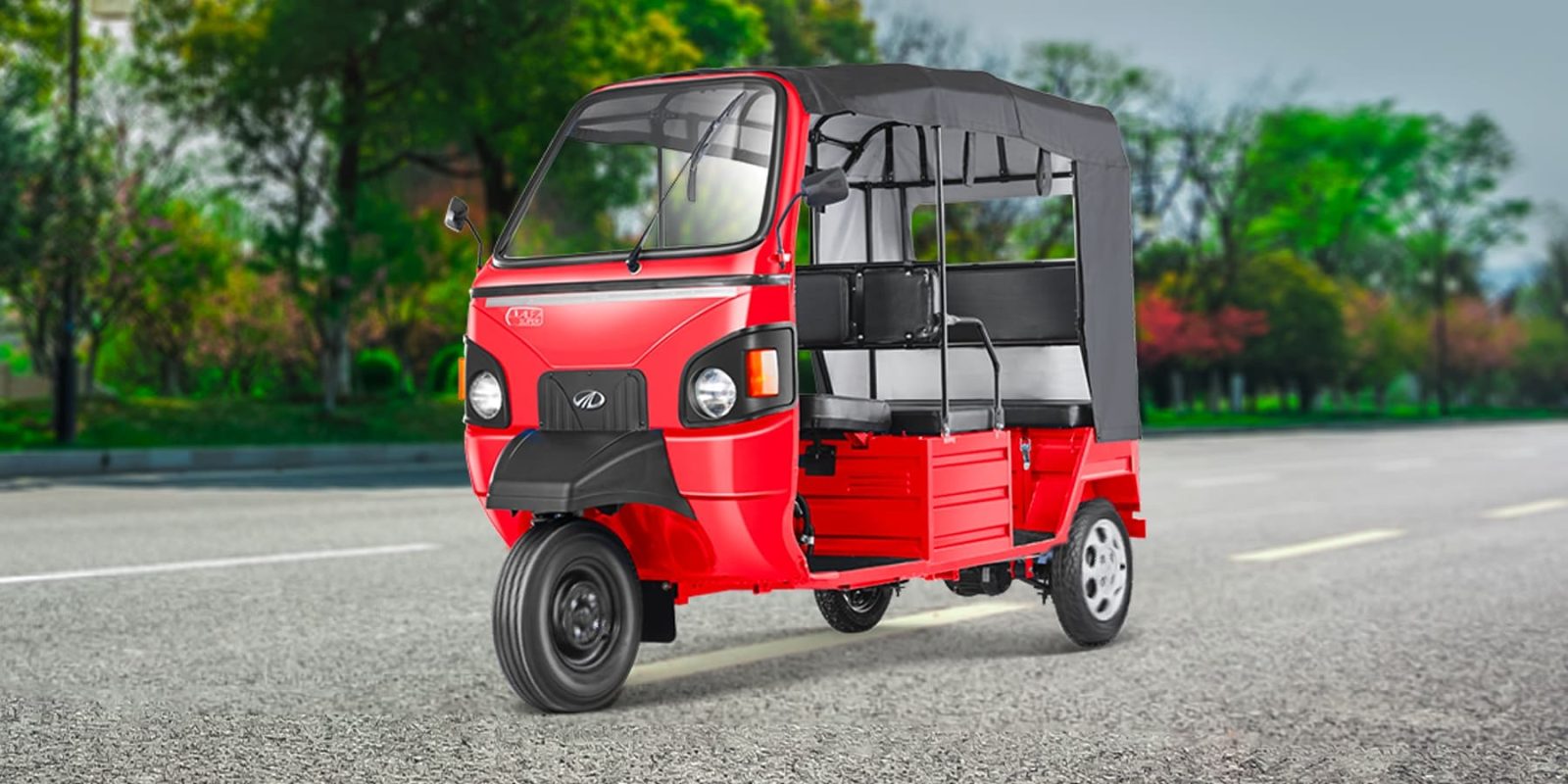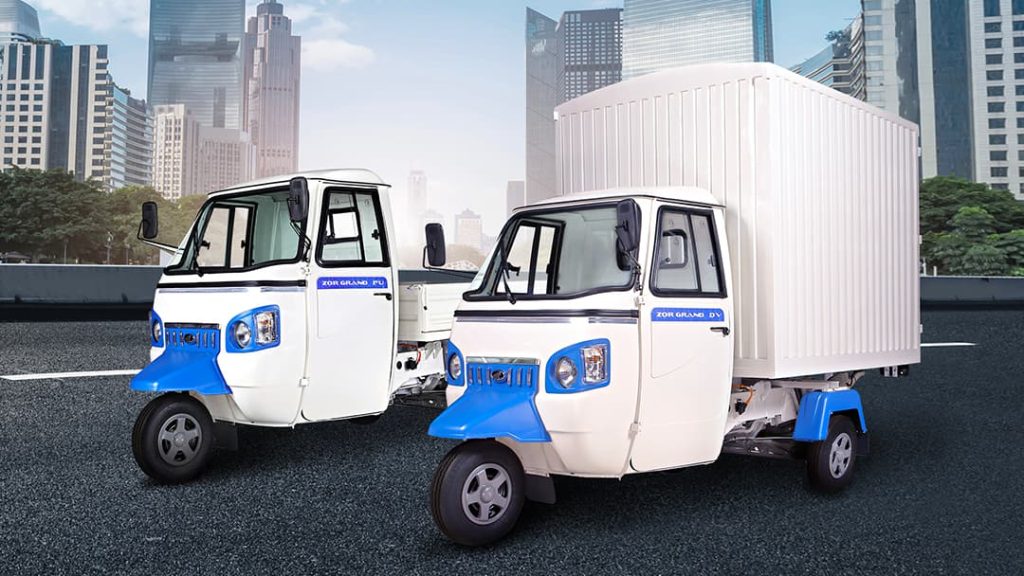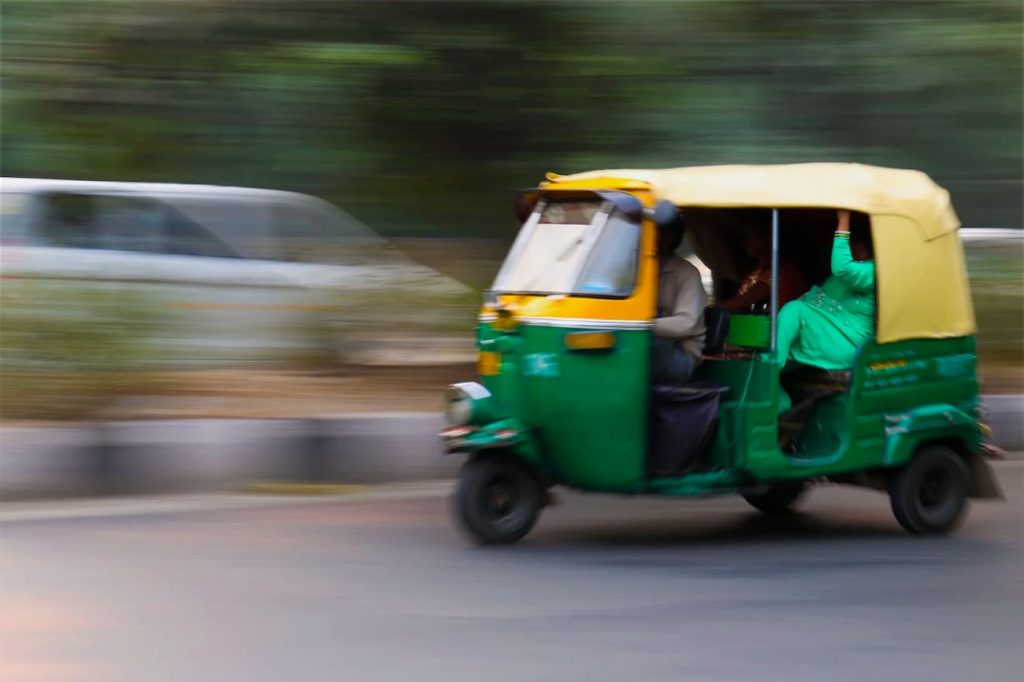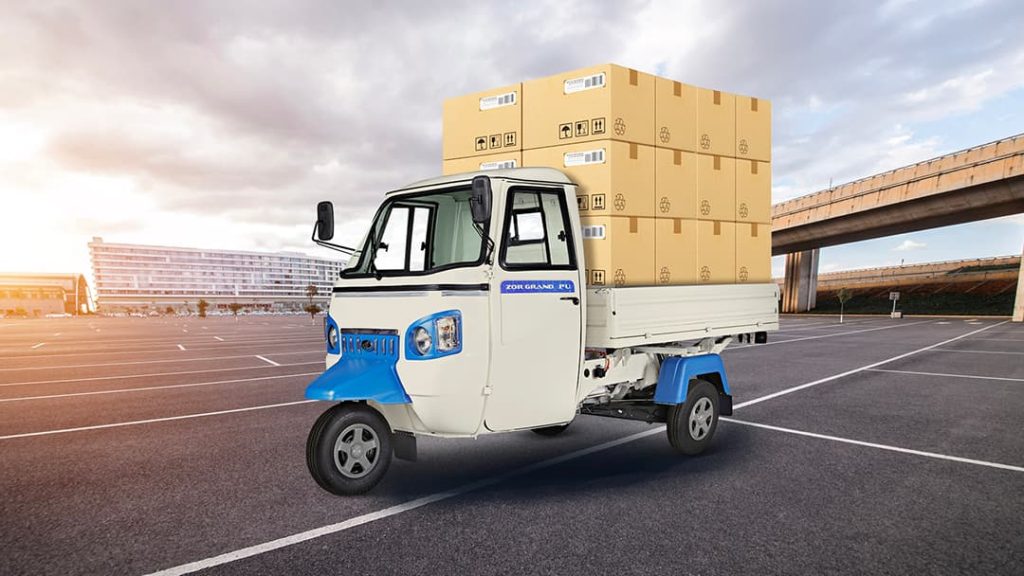
It’s hard to imagine India’s roads without picturing the country’s popular three-wheelers weaving around traffic jams. They’re a staple of India’s transportation ecosystem, and now leading three-wheeler manufacturer Mahindra is hoping to turn them all electric with the help of IRP Systems’ cutting-edge electric vehicle technology.
Major automaker Mahindra, through its Mahindra Last Mile Mobility Limited (MLMML) division, has announced a new partnership with electric vehicle powertrain solutions company IRP Systems. The partnership will see IRP’s advanced motor controllers supplied for Mahindra’s three-wheelers, which will help increase EV penetration in the last-mile transportation sector.
According to the announcement, the agreement follows the successful rigorous testing and validation process of the powertrain hardware to meet the demanding Indian market requirements, as well as those of Mahindra’s other global markets.
As MLMML’s Chief of Operations Sanjiv Gupta explained, “Our aim is to electrify last mile transportation, with cutting-edge technology as well as reliable vehicles. The collaboration with IRP Systems, which shares the same vision, marks a significant step in that direction.”
CEO of IRP Systems Moran Price added: “We are proud to collaborate with India’s leading OEM. The synergy between both companies is a game changer in India’s last-mile market, creating a winning offering in one of the most significant segments. It is another major step towards our goal of making EVs accessible to everyone everywhere.”

In India, the ubiquitous three-wheeler, known locally as the “auto-rickshaw”, has cemented its place as a common form of urban transportation.
The popularity of these vehicles can be attributed to a combination of factors deeply entrenched in the Indian socio-economic landscape.
Firstly, their compact size and maneuverability make them ideal for navigating through India’s congested city streets, where larger vehicles struggle to pass. This agility allows auto-rickshaws to efficiently weave through traffic, offering commuters a swift and often cheaper alternative to traditional taxis or public buses.

The widespread adoption of auto-rickshaws can also be traced to their affordability, both for passengers and drivers alike. For many individuals in India, particularly those in lower-income brackets, owning or operating a three-wheeler represents a viable means of earning a livelihood. The relatively low initial cost of purchasing an auto-rickshaw, coupled with minimal maintenance expenses, makes it an attractive option for aspiring entrepreneurs seeking opportunities in the transportation sector.
Additionally, auto-rickshaw drivers often operate on a flexible, informal basis, allowing them to adapt to fluctuating demand and maximize their earnings in a dynamic urban environment. As such, these vehicles have become not only a mode of transport but also a symbol of economic empowerment for many individuals across India.
While small motorcycle combustion engines have historically powered auto-rickshaws, the last few years have seen a push towards electrification. Major companies such as IKEA in India have even made strides towards adopting electric auto-rickshaws for delivery work.

FTC: We use income earning auto affiliate links. More.





Comments